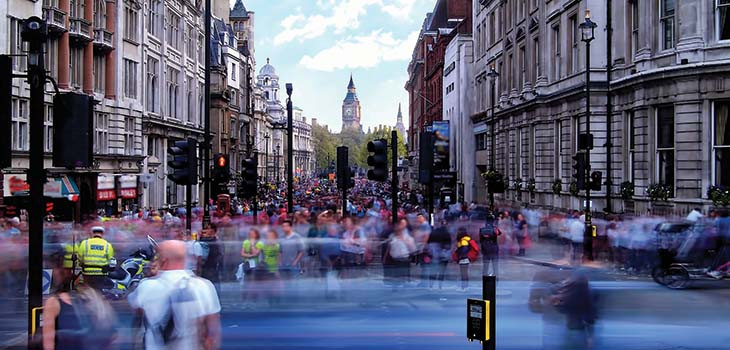
Clause 10 adds seven protest-related offences. Clause 11 gives the police ‘suspicionless’ stop and search powers and makes obstruction of suspicionless stop and search a summary offence punishable by up to 51 weeks in prison.
Parpworth examines the provisions of this controversial Bill, highlighting shortcomings in safeguards. He notes: ‘Home Office data on stop and searches carried out by police forces in England and Wales has consistently shown a number of things over many years, including that the police often fail to find what they were looking for, and that Black citizens are far more likely to be stopped and searched than white citizens.’










